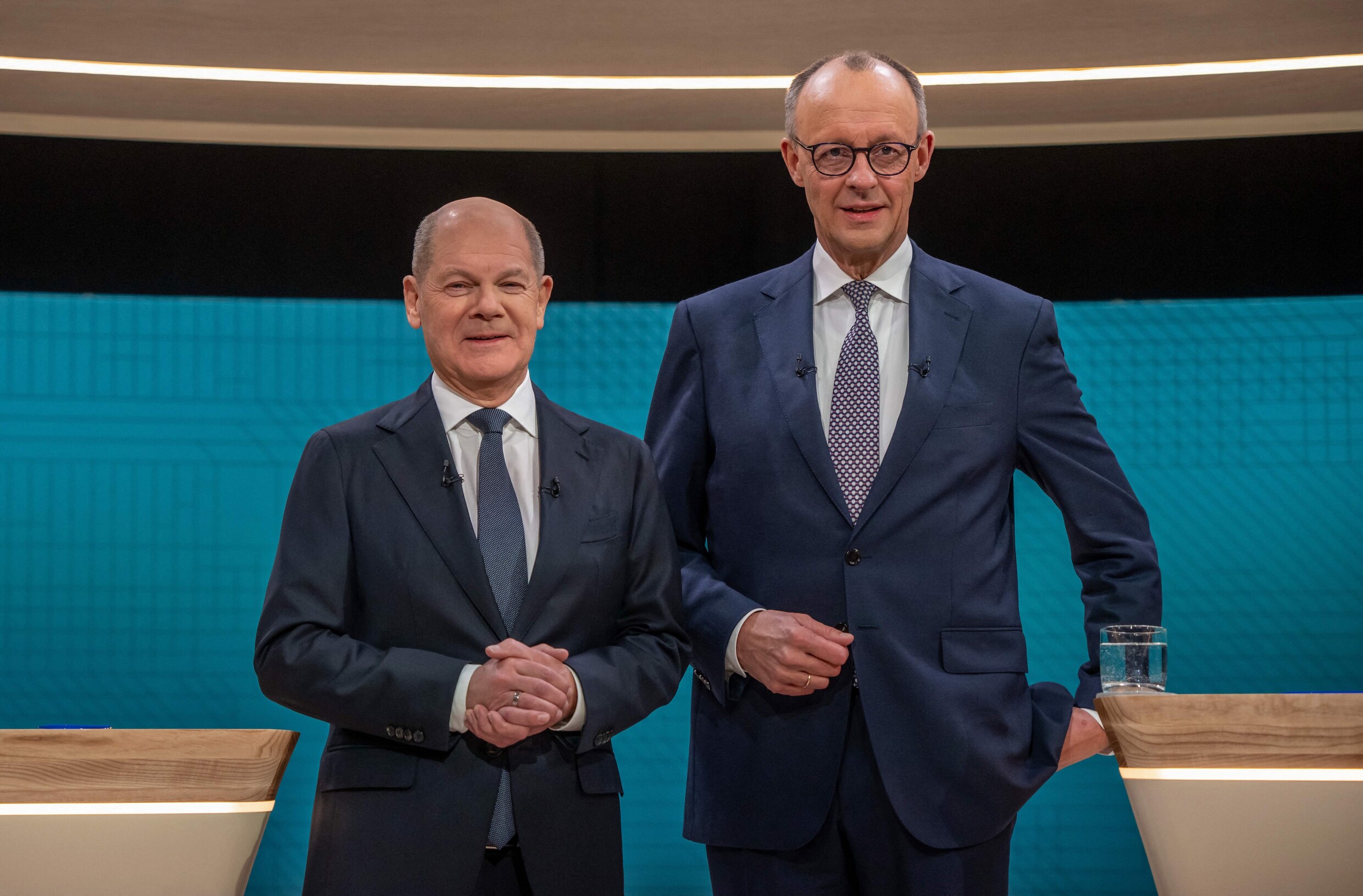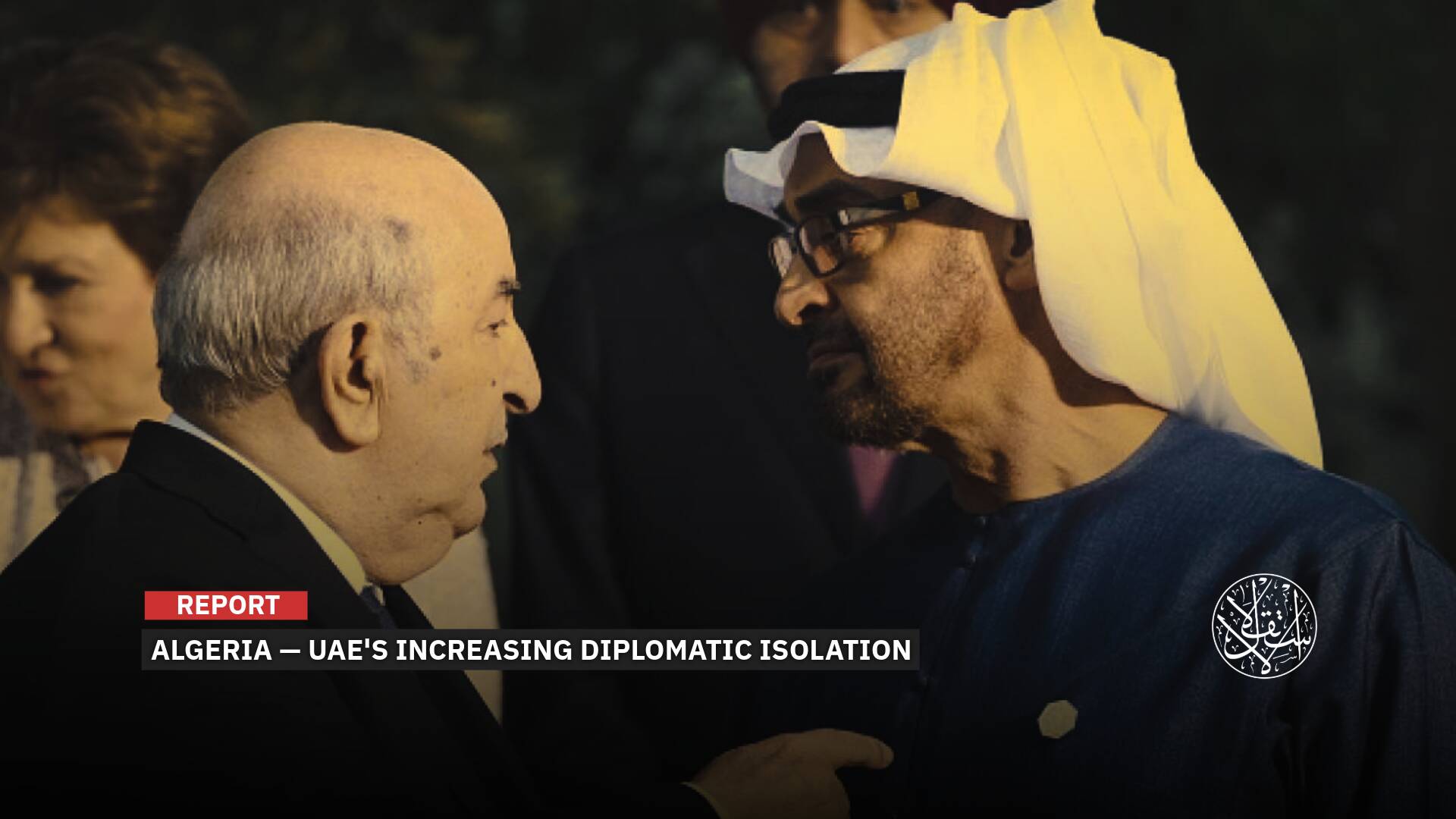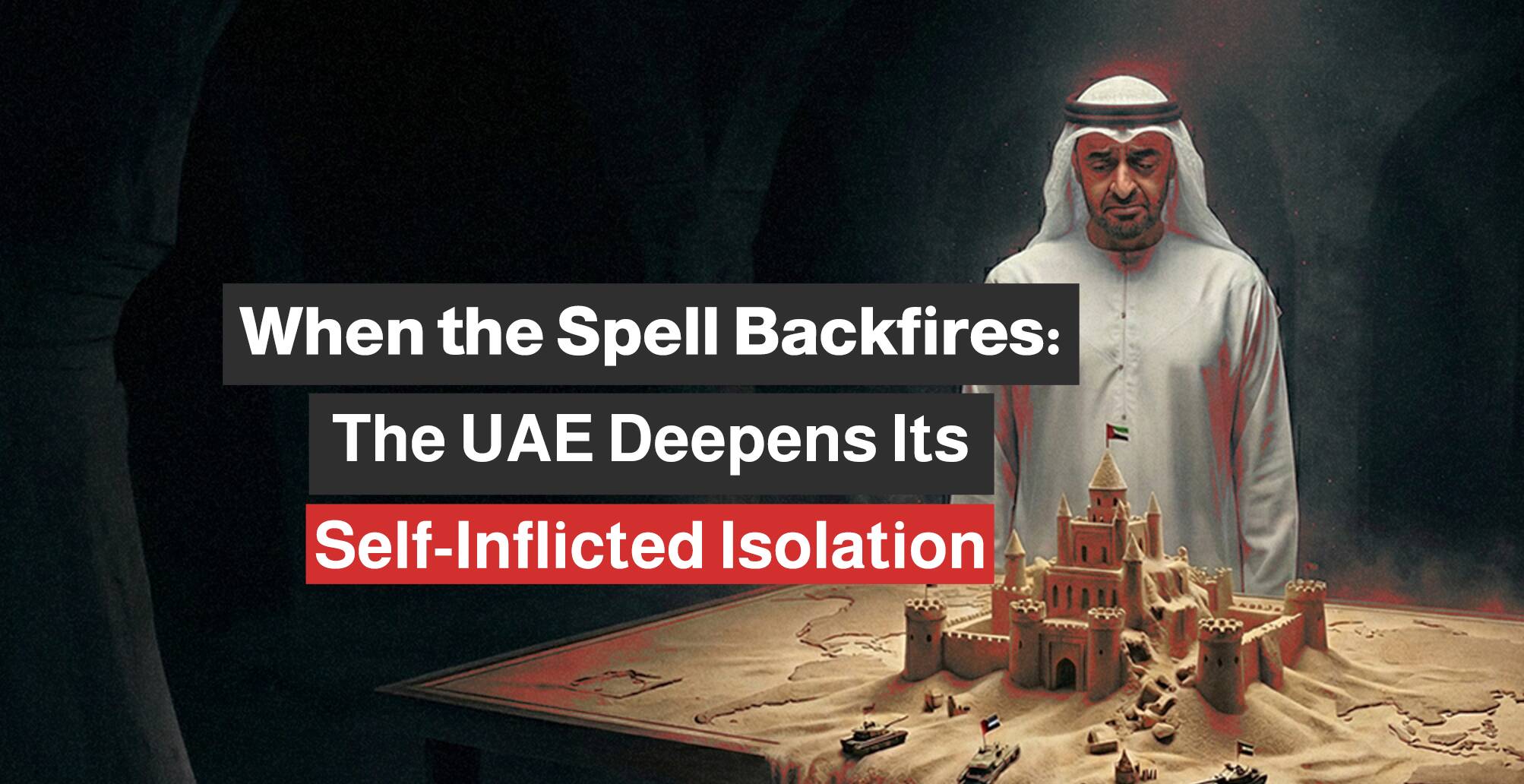Is Germany Heading Into a New Phase of Political Turmoil?

“Germany’s snap election has resulted in a sharp rightward shift.”
Christian Democratic Union (CDU) leader Friedrich Merz looks set to become Germany’s next chancellor after his conservative coalition came out on top in snap elections held just days ago, amid complex challenges and growing political polarization over immigration, the economy and foreign policy.
However, this victory was not without surprises, as the far-right Alternative for Germany party (AfD) came in second place, an unprecedented result that raises questions about the future of political alliances and the possibility of forming a stable government.
Germany's election results reflected a complex political landscape following the end of the traditional dual-party era, the rise of populism, and a sharp regional divide between East and West, which may leave clear marks on the European and international arenas.
Political Shift
Germany’s snap election has resulted in a sharp rightward shift, as the conservatives, consisting of the CDU and the Christian Social Union (CSU), came in far ahead of all other parties with a projected 28.5%, enabling it to lead the German political landscape as the strongest party.
It also witnessed a historic rise for the far-right AfD, which won 20.8% of the votes, becoming the second political force in the country.
In contrast, the Social Democratic Party (SPD), led by current Chancellor Olaf Scholz, was the biggest loser, achieving its worst result since World War II with 16.4%, reflecting a sharp decline in its popularity.
The recent elections were marked by a high turnout of 84%, the highest in 40 years, reflecting a broad public interest in determining the country's political future.
It is worth noting that it came six months early as a result of the disintegration of the government coalition led by Scholz, after escalating disputes over economic and financial policies, especially after the dismissal of liberal Finance Minister Christian Lindner in November 2024.
This decision led to a crisis of confidence within the coalition consisting of the SPD, the Greens and the Liberals (FDP) that lasted for three years, and opened the door to a state of political instability.
Scholz said in his first reaction: “This is a bitter election result for the SPD. Therefore, I bear responsibility for this election result as well,” while congratulating his conservative rival Merz on the victory.
On his part, chancellor-in-waiting Merz stood among his joyful supporters, and pledged to work quickly to form a majority to govern the country and restore Germany's strong leadership role in Europe.

Major Challenges
Germany has suffered from economic challenges such as inflation, rising living costs, and the interruption of Russian gas, which led to widespread popular discontent that was reflected in voter orientations, especially in the most affected eastern states.
Right-wing and populist parties cleverly exploited this discontent, especially the AfD, and focused on security and immigration issues, directing their discourse towards voters concerned about economic and social crises.
This election campaign reflected a shift in voters’ priorities, with environmental and climate issues losing ground to economic and social security, which negatively affected the Green Party and caused it to lose a large part of its electoral base.
The recent elections also showed a sharp regional division, with the AfD winning more than 30% of the vote in the eastern states (such as Saxony and Brandenburg), while traditional parties maintained their influence in the western states and major cities.
This division reflects the economic and social disparities between eastern and western Germany, with the eastern states suffering from higher unemployment and lower incomes, making them fertile ground for the rise of the far-right.
This regional pattern also reflects demographic shifts, with older voters dominating the eastern states, while young people and the educated class are concentrated in large cities, leading to a disparity in priorities and political values between the different regions.
Merz is expected to face significant challenges in forming a stable government.
Despite mounting pressure from his right-wing base, Merz has categorically ruled out a coalition with the AfD, given the party's populist and extremist tendencies.
Political analysts expect a so-called 'grand coalition' comprising the CDU and the SPD to form Germany's next government.
The Social Democrats support amending the constitution to borrow, finance defense and the war in Ukraine, and develop the economy, while the conservatives seem cautious about making such a decision, which is one of the points of contention between the two parties that could hinder the formation of a government.
On her part, AfD leader Alice Weidel predicted a disastrous fate for the future coalition between the CDU and the SPD, noting that they will not be able to agree on immigration or the budget, and expecting new elections to be held very quickly.
Merz, in turn, is seeking to conclude consultations with the SPD and form a government before Easter on April 20, which gives him less than two months to complete the consultations.
Reuters reported that coalition negotiations could be difficult, which could lead to Scholz remaining in a caretaker role for several months.
It pointed out that this would certainly come at a cost, as it would disrupt the policies and measures urgently needed to revive Europe's largest economy after two consecutive years of contraction.
This scenario, if it happens, would create a leadership vacuum at the heart of Europe, which as a bloc is dealing with a range of challenges, including US President Donald Trump’s threats of a trade war and attempts to expedite a ceasefire in Ukraine without European intervention.

Reshaping Politics
Merz, 69, is an economic liberal who has succeeded in turning the conservatives to the right, and is the stark contrast to former conservative Chancellor Angela Merkel, who led Germany for 16 years.
He also conditionally supports the supply of long-range Taurus missiles to Ukraine, a move that Scholz’s government has shied away from.
He laid out three key priorities for the upcoming government: bolstering European defense in light of shifting United States foreign policy, addressing migration challenges and securing Germany’s industrial base.
Hours before the polls closed, Merz declared that Germany must radically reshape its security arrangements, ending decades of dependence on Washington, given that Trump has been largely indifferent to Europe’s fate.
He suggested that Europe may need to devise a new defense structure to replace NATO, a significant indication that he will reorient German foreign policy toward a more independent stance from the U.S.
There is also a German tendency to reshape European policies internally in line with its economic and security interests, but this could lead to escalating tensions with the economically troubled southern European countries.
In this regard, Merz declared his support for economic austerity policies and his rejection of the idea of joint debt within the EU.
On the domestic front, social policies are expected to see significant changes, as Merz emphasized in his election program the need to cut taxes and reduce social spending to stimulate economic growth.
This approach may provoke strong opposition from left-wing parties, such as Die Linke and the Greens, which will deepen political divisions within the Bundestag.
This trend reflects a shift towards economic liberalism, but it may lead to an increase in the gap between social classes and affect social stability in Germany.

Observers also believe that the next German government will significantly tighten its immigration policies in order to win back conservative voters.
In this context, Merz announced his intention to reform the asylum system and tighten border controls, which may lead to divisions within German society and increase social tensions.
Although he is likely to become the next chancellor, Merz continues to criticize Merkel's term in office, describing her policies as stagnant, particularly with regard to the immigration file in 2015.
Among his controversial statements was his statement that “Muslim immigrants should adapt to German values, rather than be allowed to form parallel societies, or isolated minority groups,” a statement that sparked various reactions between supporters and opponents.










